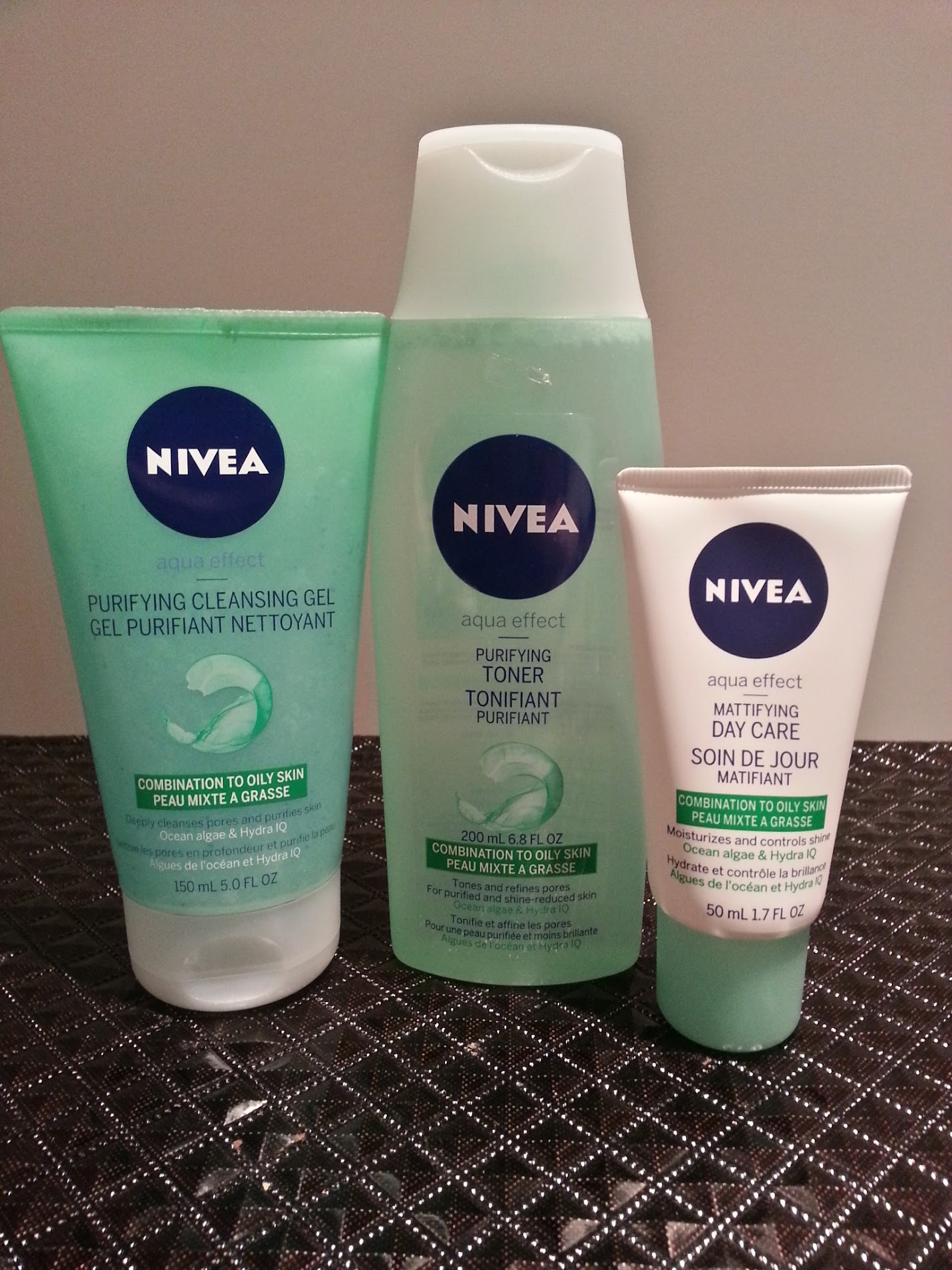Oily skin can be a challenging condition to manage, often leading to a variety of skin issues such as acne, enlarged pores, and an unwanted shine. Understanding how to care for oily skin is crucial for achieving a balanced and healthy complexion. With the right techniques and products, individuals with oily skin can enhance their natural beauty and maintain a radiant appearance.
Many people struggle with oily skin, especially in humid climates or during certain seasons. This article delves into effective skin care for oily skin, shedding light on causes, recommended products, and routines that can help mitigate the effects of excess oil. With a focus on ingredients that control oil production and keep the skin hydrated, this guide aims to empower individuals to take charge of their skin health.
Whether you are looking for advice on daily routines, specific products, or treatment options, understanding the needs of oily skin is essential. By employing the right strategies, you can not only manage your skin's oiliness but also enjoy a clear, vibrant complexion. Join us as we explore the best practices and tips for skin care for oily skin!
What Causes Oily Skin?
Oily skin is primarily caused by overactive sebaceous glands that produce excess sebum. Several factors contribute to this condition:
- Hormonal fluctuations: Hormones play a significant role in oil production, especially during puberty, menstruation, or pregnancy.
- Genetics: If oily skin runs in your family, you may be more prone to it.
- Diet: A diet high in sugar and refined carbs can exacerbate oiliness.
- Climate: Humid and hot environments can lead to increased oil production.
How Can You Identify Oily Skin?
Identifying oily skin involves observing its characteristics and behavior. Here are some signs to look for:
- Shiny or greasy appearance, particularly in the T-zone (forehead, nose, chin).
- Enlarged pores, often clogged with excess oil and debris.
- Frequent breakouts, blackheads, or acne.
- Makeup that tends to slide off or fade quickly.
What Are the Best Ingredients for Skin Care for Oily Skin?
Choosing the right ingredients is vital for effective skin care for oily skin. Here are some recommended components:
- Salicylic acid: A beta hydroxy acid (BHA) that penetrates pores to dissolve excess oil and dead skin cells.
- Niacinamide: Helps regulate oil production and reduces the appearance of pores.
- Tea tree oil: Known for its antibacterial properties, making it effective for acne-prone skin.
- Clay: Absorbs excess oil and helps detoxify the skin.
What Should Be Included in a Daily Skin Care Routine for Oily Skin?
Establishing a daily skin care routine tailored for oily skin is essential for maintaining balance. Here’s a basic outline:
- Cleanser: Use a gel-based or foaming cleanser that contains salicylic acid or tea tree oil.
- Toner: Choose an alcohol-free toner with witch hazel or niacinamide to tighten pores.
- Moisturizer: Opt for lightweight, oil-free moisturizers or gels that hydrate without clogging pores.
- Sunscreen: Protect your skin with a matte, oil-free sunscreen during the day.
How Often Should You Exfoliate Oily Skin?
Exfoliation is crucial for removing dead skin cells and preventing clogged pores, but it’s important to do it correctly:
- Exfoliate 2-3 times a week using a gentle chemical exfoliant.
- Avoid harsh physical scrubs that can irritate the skin and lead to increased oil production.
- Incorporate exfoliating products with salicylic acid or glycolic acid for best results.
What Are Some Common Mistakes to Avoid in Skin Care for Oily Skin?
Even with a solid routine, there are common pitfalls that can sabotage your efforts:
- Over-cleansing: Stripping the skin of its natural oils can trigger more oil production.
- Neglecting hydration: Oily skin still needs moisture; skipping moisturizer can worsen the problem.
- Using heavy products: Thick creams and oils can clog pores and lead to breakouts.
- Ignoring sunscreen: Protecting your skin from UV rays is essential, regardless of skin type.
How Can You Treat Acne on Oily Skin?
Acne is a common issue for individuals with oily skin, but it can be managed with the right approach:
- Use non-comedogenic products to avoid clogging pores.
- Incorporate targeted treatments like benzoyl peroxide or salicylic acid into your routine.
- Consider consulting a dermatologist for prescription medications if over-the-counter products are ineffective.
Can Lifestyle Changes Help Manage Oily Skin?
Indeed, lifestyle choices can have a significant impact on oily skin. Some recommendations include:
- Maintain a balanced diet rich in fruits, vegetables, and whole grains.
- Stay hydrated by drinking plenty of water throughout the day.
- Avoid touching your face to reduce the transfer of oils and bacteria.
- Manage stress levels through yoga, meditation, or regular exercise.
Conclusion: Embracing Your Oily Skin Journey
Caring for oily skin requires patience and consistency, but the results can be incredibly rewarding. By understanding your skin's unique needs and implementing effective skin care for oily skin routines, you can achieve a clearer, healthier complexion. Remember that every individual's skin is different, so it may take time to find the products and practices that work best for you.
Embrace The Chill: Stunning Ombre Winter Nails To Try This Season
Unleashing Your Inner Jester: A Guide To Basic Clown Makeup
Unveiling The Secrets Behind Victoria's Secret Model Exercise Regimen


